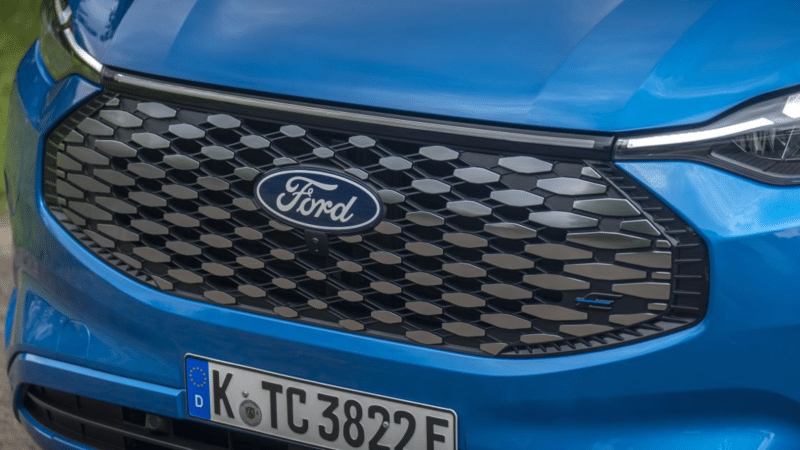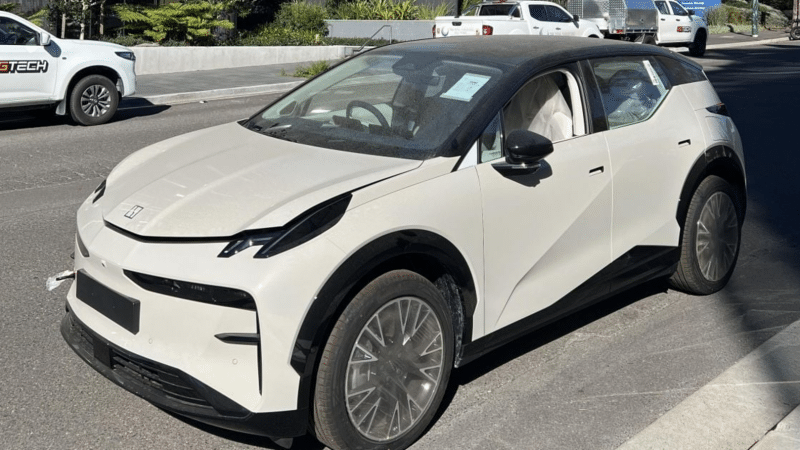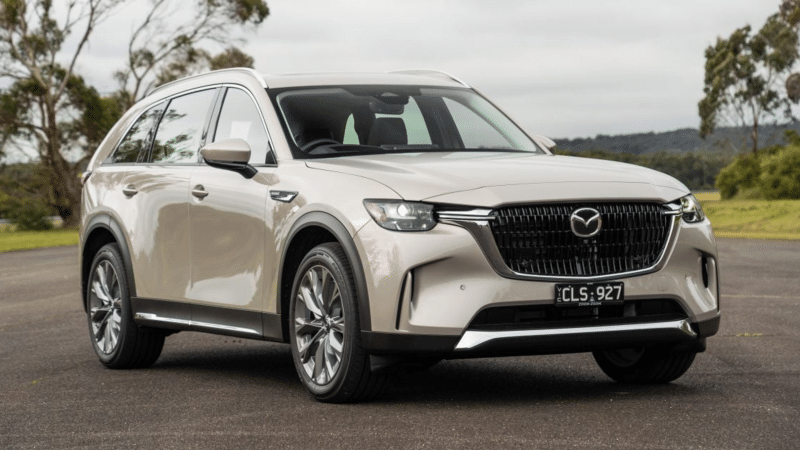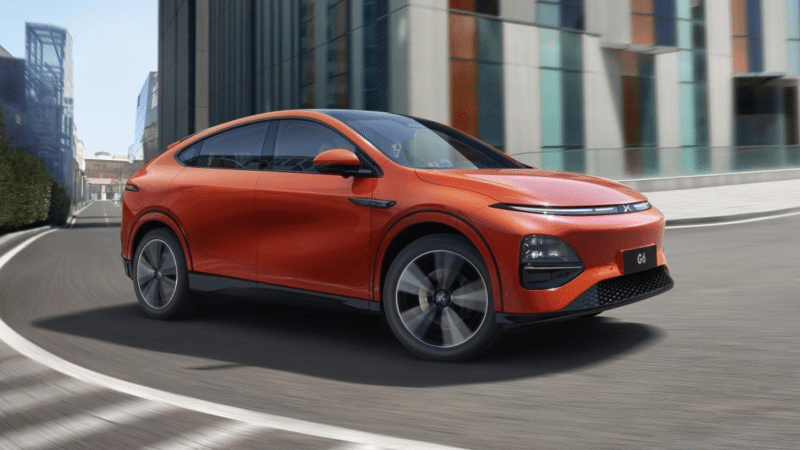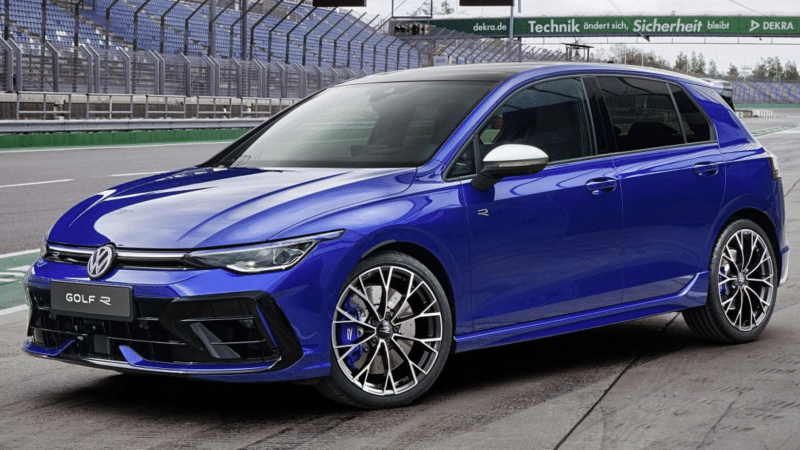Rimac Nevera Sets New Guinness World Record for Fastest Reverse Speed in a Production Car
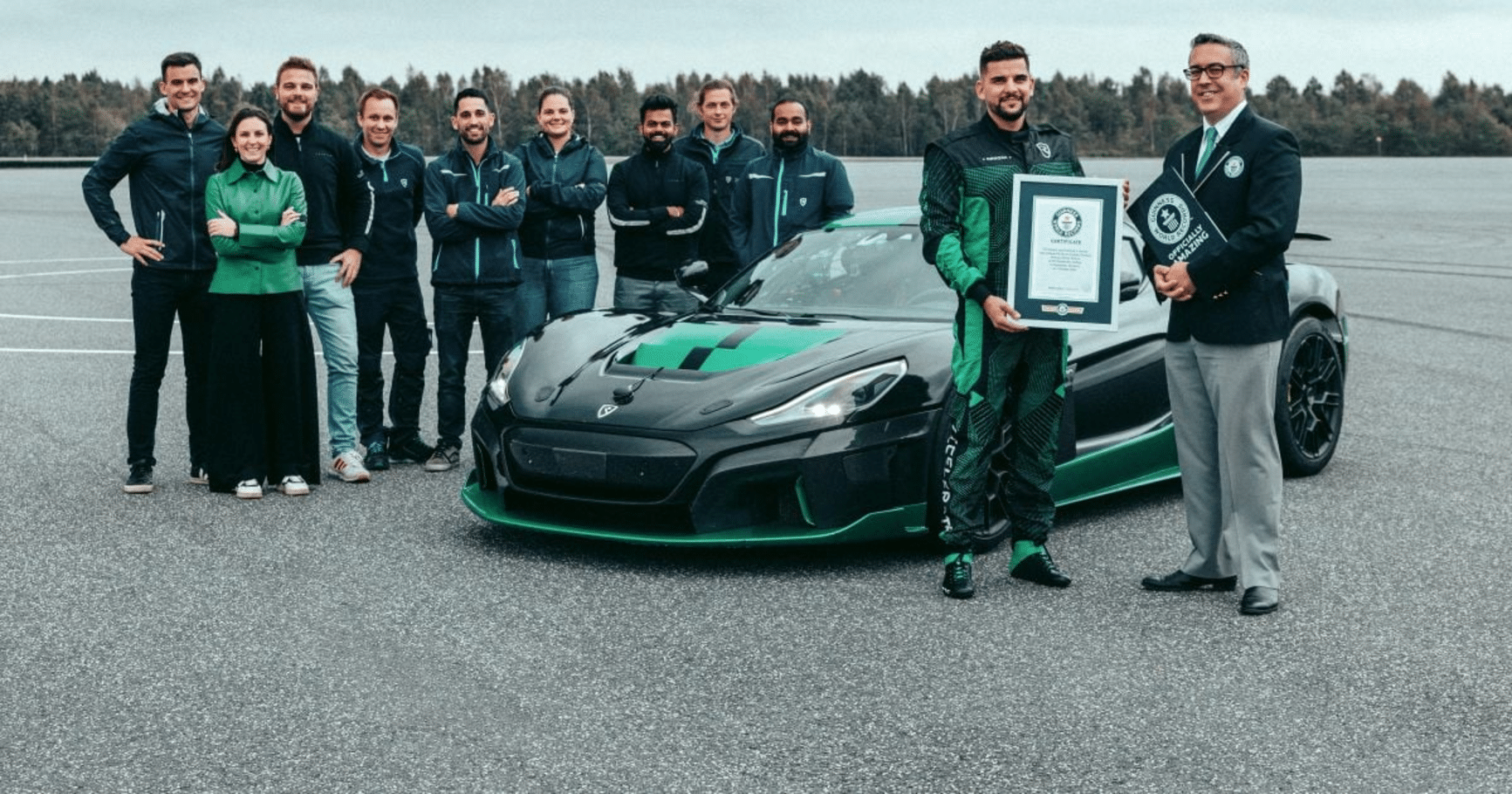
Rimac Nevera Sets New Guinness World Record for Fastest Reverse Speed in a Production Car
How many more records can the Rimac Nevera break?
CarExpert Reveals the Impressive Achievement of the Rimac Nevera
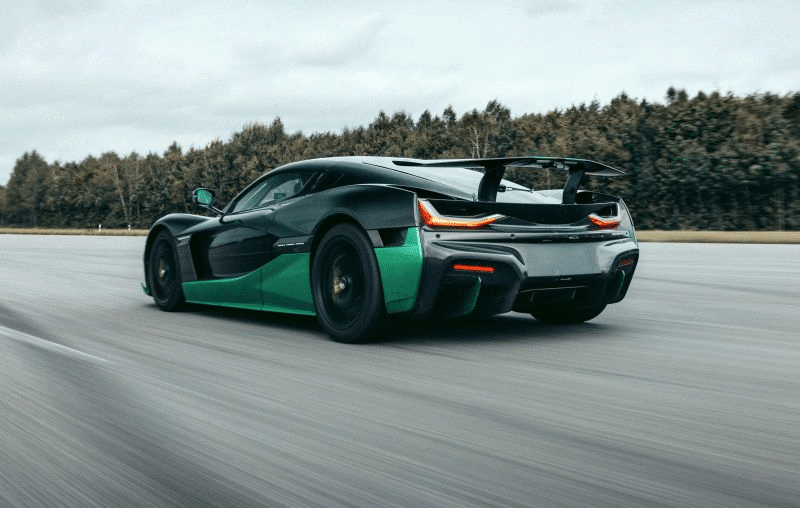
CarExpert has always been fascinated with the speed capabilities of cars in reverse. We’ve even curated a spreadsheet showcasing the fastest cars we’ve tested, with the current record held by the Porsche Cayman GT4 RS at 79km/h on the skid pan at Lang Lang.
However, our excitement has been taken to new heights with the Rimac Nevera. This electric supercar has achieved a remarkable feat by setting a new Guinness World Record for the highest production car top speed in reverse, clocking an impressive 171.34mph (275.74km/h).
Equipped with four single-speed electric motors, the Nevera had the potential to break even more records. Unlike traditional cars, the only difference when shifting into reverse is the direction the motor spins. Any reverse speed limit is enforced electronically rather than being limited by gears.
So, what prevented the Rimac Nevera from surpassing its own world record top speed in reverse? The answer lies in the challenges posed by aerodynamics, cooling, and the unique rear steering system. Driver Goran Drndak had to navigate the twitchy, high-powered supercar with forklift-style rear steering while facing backwards. He described the experience as a mixture of exhilaration and familiarity, with the scenery whizzing by and the feeling of being pulled forward, much like heavy braking.
Despite the unconventional nature of driving the Nevera in reverse, Drndak managed to maintain balance and precision. The car effortlessly breezed through yet another record, showcasing its exceptional engineering.
This new reverse speed record adds to the Nevera’s already impressive accolades. The car previously set records at the Nurburgring for electric cars and holds the title for the highest top speed for an electric car. In addition, earlier this year, the Nevera achieved an astounding 23 performance records in a single day at the Automotive Testing Papenburg (ATP) in Germany, including the fastest acceleration times for a production vehicle from 0-60mph (96km/h), 100mph (160km/h), and 186mph (299km/h).

- The Rimac Nevera has set a new Guinness World Record for the highest production car top speed in reverse, reaching 171.34mph (275.74km/h)
- Aerodynamics, cooling, and rear steering were factors that prevented the Nevera from surpassing its own top speed going backwards
- Driver Goran Drndak described the unique experience of driving in reverse at high speed
- The Nevera holds multiple records, including the fastest acceleration times for an electric car
The Rimac Nevera’s achievement in setting a new Guinness World Record for the fastest reverse speed in a production car is a testament to its exceptional performance capabilities. Despite facing obstacles such as aerodynamics and rear steering, the Nevera’s engineering prowess and Drndak’s skill as a driver allowed it to break barriers once again. With multiple records now under its belt, the Nevera solidifies its position as a groundbreaking electric supercar.

